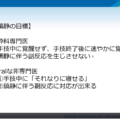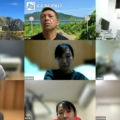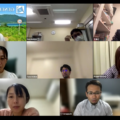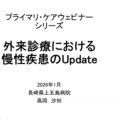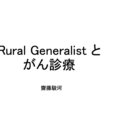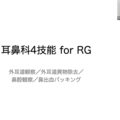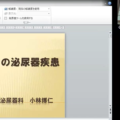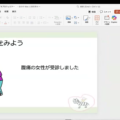『ウェビナー報告日誌 2021「Rural Skills」編 vol.1 ― 離島における診療範囲 ―』
毎回、様々な異なるバックグラウンドを持つ方を講師にお招きし、「離島やへき地で闘える医師となる上で、ぜひ知っておきたい手技や知識」に焦点を当て、実践的な講義をしていただく『Rural Skills』。
ついに先月より各地の離島へき地にて研修を開始したばかりの第五期生にとって、記念すべき初回となる今回は、現在は下甑島の手打診療所にて研修の日々を送られている室原 誉怜先生が講師を務め、「離島における診療範囲」をテーマに講義をしていただきました。
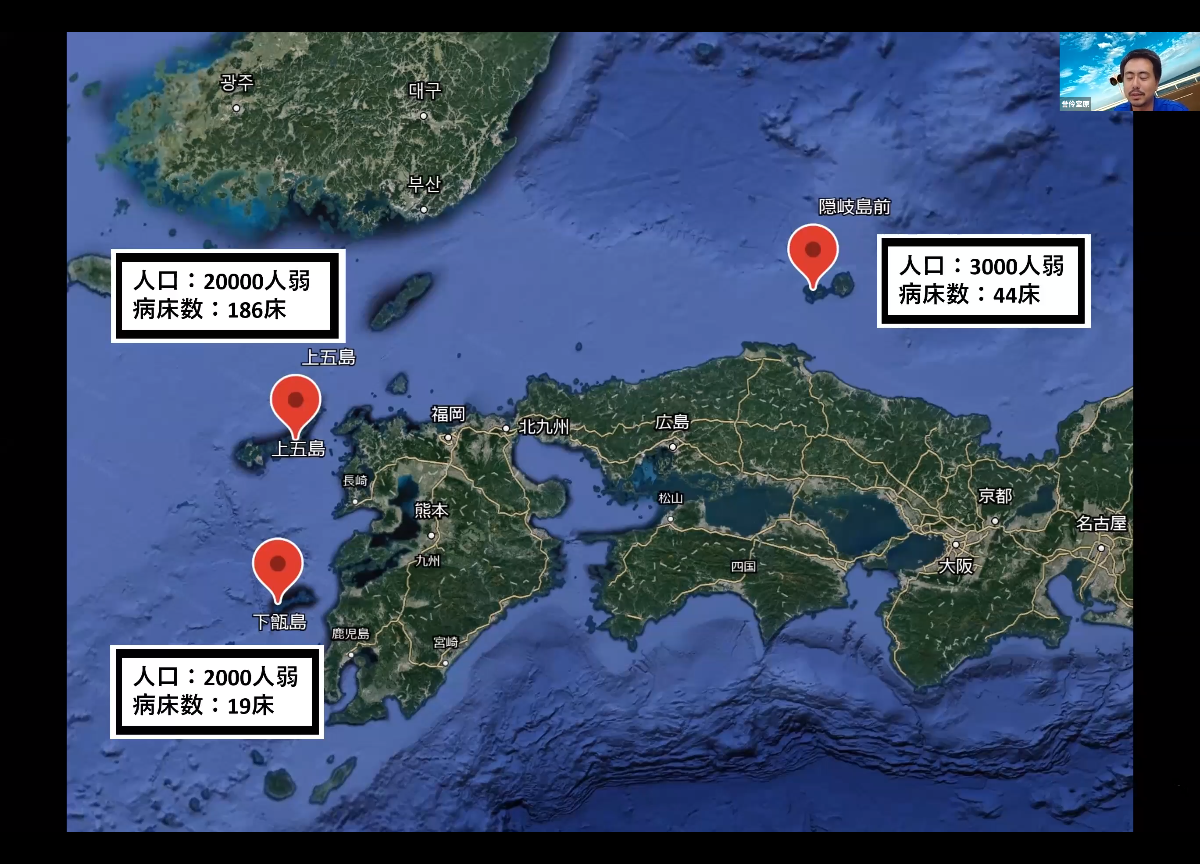
なお、室原先生は、既に第二期生として一度は研修を修了されており、その後一年間、隠岐での離島勤務を経た後、医師としてさらなる研鑽を積むべく、再び第四期生および第五期生として「RGPJ」に参加されており、その他の第五期生からすると「同期」でありながら「先輩」にもあたる関係となります。
医師としての七年間のうち既に丸三年間を離島で過ごされているほか、上五島と隠岐島、そして下甑島と、人口や発展の規模も文化も気候も異なる三ヶ所の離島を経験されている室原先生。

上の画像は、「離島へき地における総合診療の在り方」を図で表したものなのですが、室原先生は今回、この図を引用しながら、「離島における総合診療の現実」についてお話しくださいました。
離島へき地における「Primary Care」とは、「Emergency」とは、「Hospital」とは、「Population Health」とは、「Advanced Skills」とは、「Rural Context」とは何か。
実際に数年間という短くはない時間を離島での医師生活に投じてきた先生なりの理解や解釈が、具体的な実例とともに語られましたが、「離島で働く医師」であると同時に、「離島で学ぶ研修生」でもある室原先生が繰り広げる自身の実体験を交えながらの講義は、強い実感と説得力をもって研修生の先生方の心に響いているようでした。
また、講義の中では、離島へき地で働く上でとても重要な考え方についても、室原先生からアドバイスが送られました。
1.絶対にやらなければならないこと
2.絶対にやってはいけないこと
3.どちらでも構わないこと
目の前の懸案事項や問題が上記のどれに当たるのかを常に意識し、自分の中で明確にした上で、それに応じた相手への伝え方に十分に配慮することの重要性を説く室原先生。
離島やへき地においては、得てして「それまでの自分にとっての当たり前」を相手に悪気なく、しかし無思慮に投げつけてしまいがちになってしまい、それが故に、「本来なら発生させずに済んだかもしれない軋轢や衝突」を引き起こしてしまいがちになってしまうことの危険性を、室原先生は強く指摘されました。
例えば、仮に「エビデンスに裏打ちされた正しいこと」だと相手に伝える場合であったとしても、「自分の言っていることが正しい」と居丈高になるのではなく、相手側の立場や事情も汲み取り、その上で伝え方を工夫する意識を持つことが円満に事を運ぶ秘訣の一つ、とのこと。
室原先生のサポート役として講義に参加されていた齋藤 学先生も、このアドバイスには深い賛同を示されましたが、この「それまでの自分の常識」と「離島へき地における現実」との擦り合わせの問題は、誰しもが陥りがちな “穴” だと、研修生に語られました。
講義の最後には、研修生からの質疑応答や意見交換の時間も設けられることとなり、これからおよそ十ヶ月近い時間を離島やへき地で過ごすことになる研修生の先生方にとって、良い “準備体操” のような時間となっていたようでした。
Yesterday, the 5th RGPJ registrars had the very first round of Rural Skills, an webinar for enhancing skills and knowledge required for GPs in rural and remote areas.
This time, we invited Dr. Homare Murohara as a lecturer. Actually, Dr. Murohara had been graduated from RGPJ as the 2nd and 4th batch of registrars in 2019 and 2021, respectively. From this April, he has again participated in the program as one of the 5th registrars.
Moreover, he had indeed spent total of over 3 years in his 7-years life as a doctor at 3 different remote islands: Kamigoto island, Oki-no-shima island, Shimokoshiki island. So, he is not only a same-age peer, but also senior colleague for other 5th registrars.
In the lecture, Dr. Murohara focused on “the scope of practice for rural GPs”. He talked about his current understanding and interpretation about what is important to make things work well and what rural GPs would be required in rural and remote areas.
Actually, he deeply emphasized the importance of “the way of communication”. Often, doctors who has been transferred to remote and rural areas mindlessly wield their common sense that had been fostered in more or less developed urban areas without considering about the background or context of the hospital.
Dr. Murohara stressed that you should always contrive ways to tell your opinions or proposals in order to avoid strained relations with other colleagues, even if you objectively have clear validity.
It also seems important to develop an attitude to meet each other halfway, unless the matter in your hand was crucial in your sense of values, he added.
Throughout the session, every registrars curiously listened at his talks based on various real experiences and seemed to be able to fully absorb his advices. Finally, everyone did a good “warm-up” before their over 10-months training.


